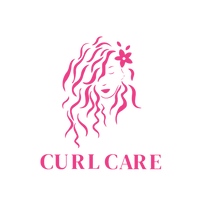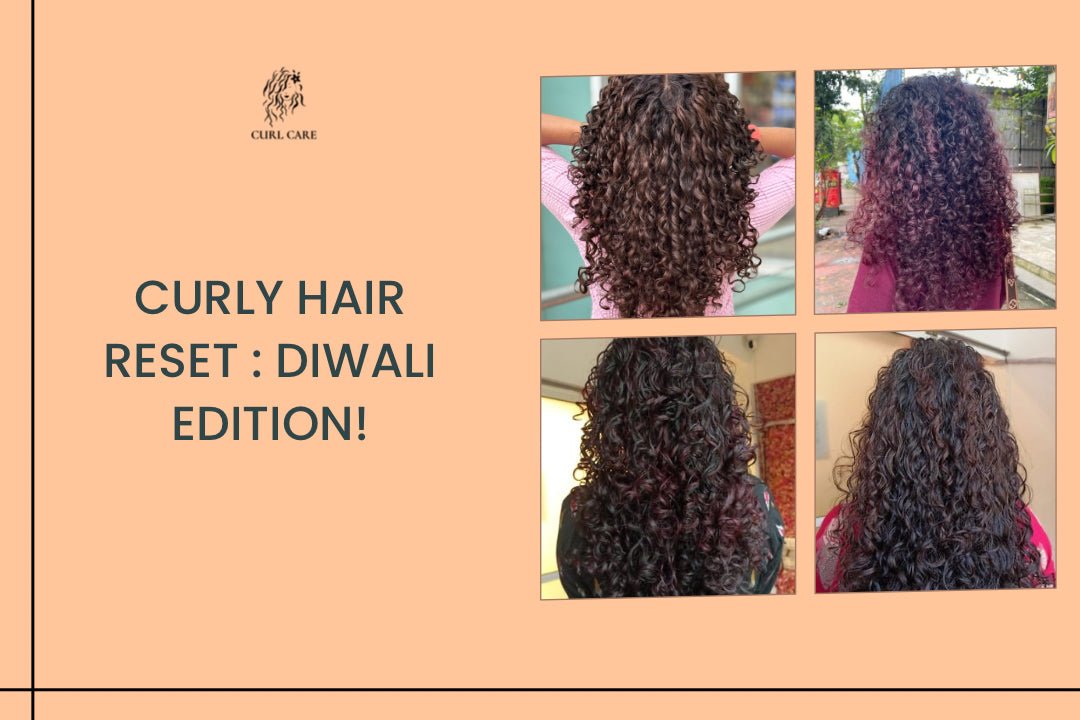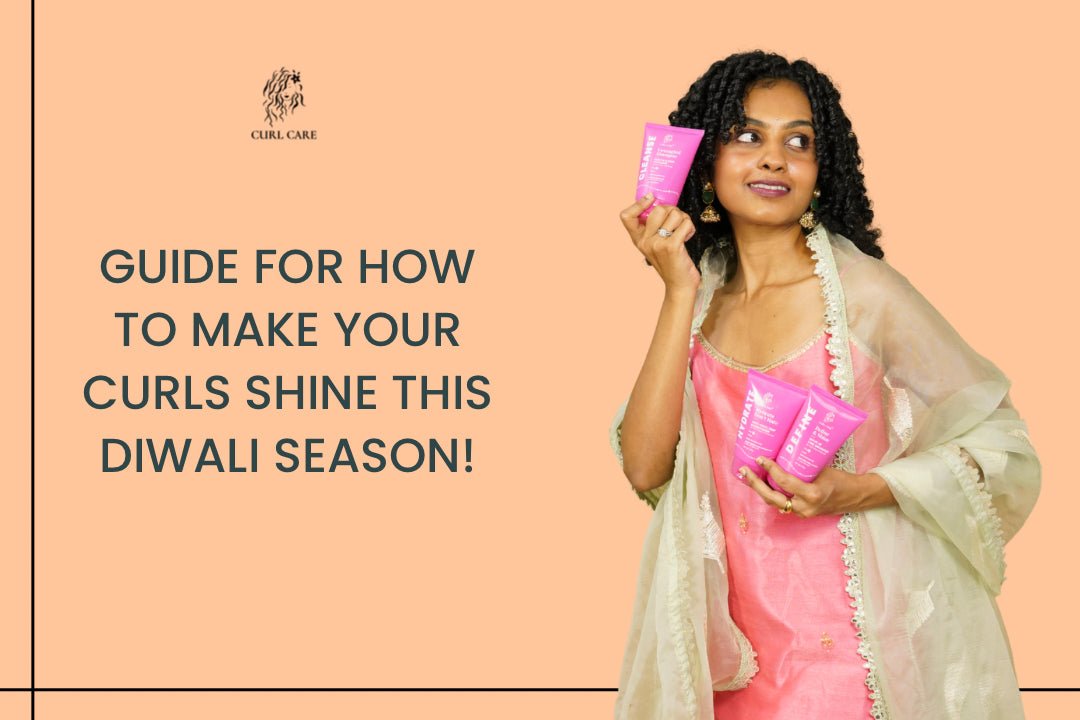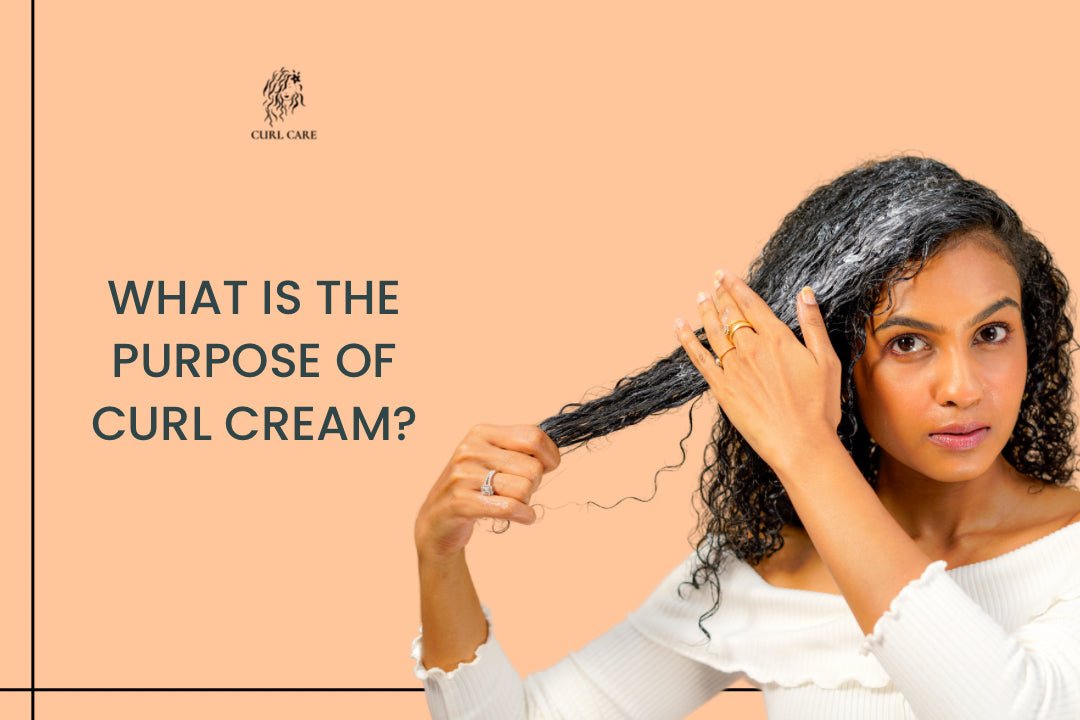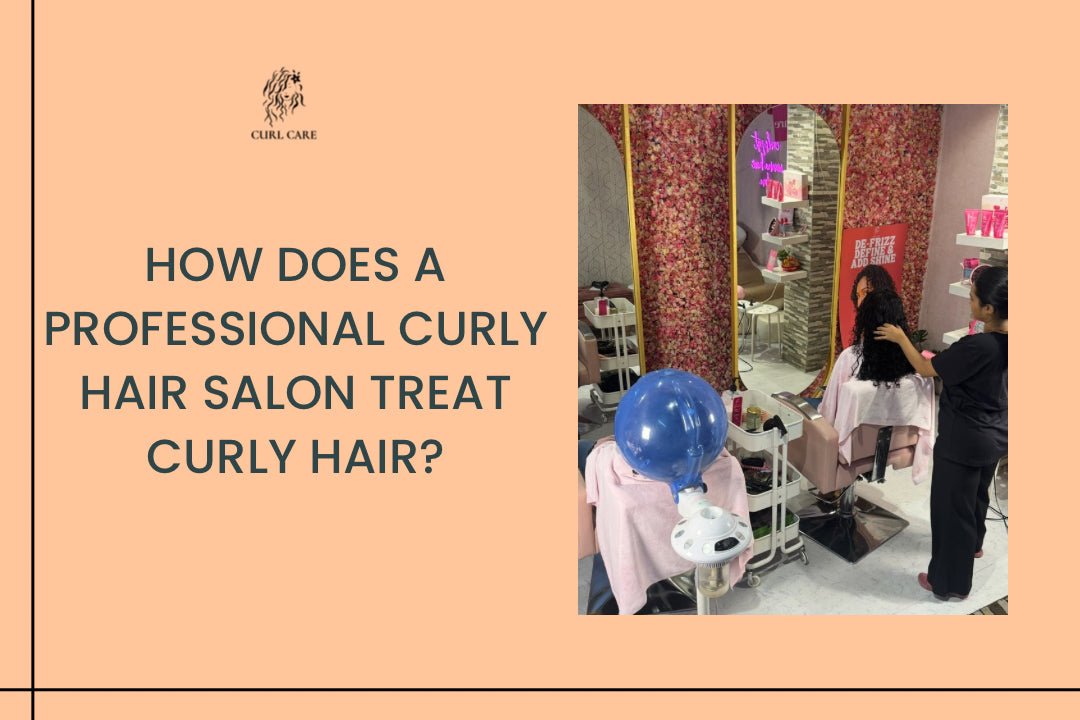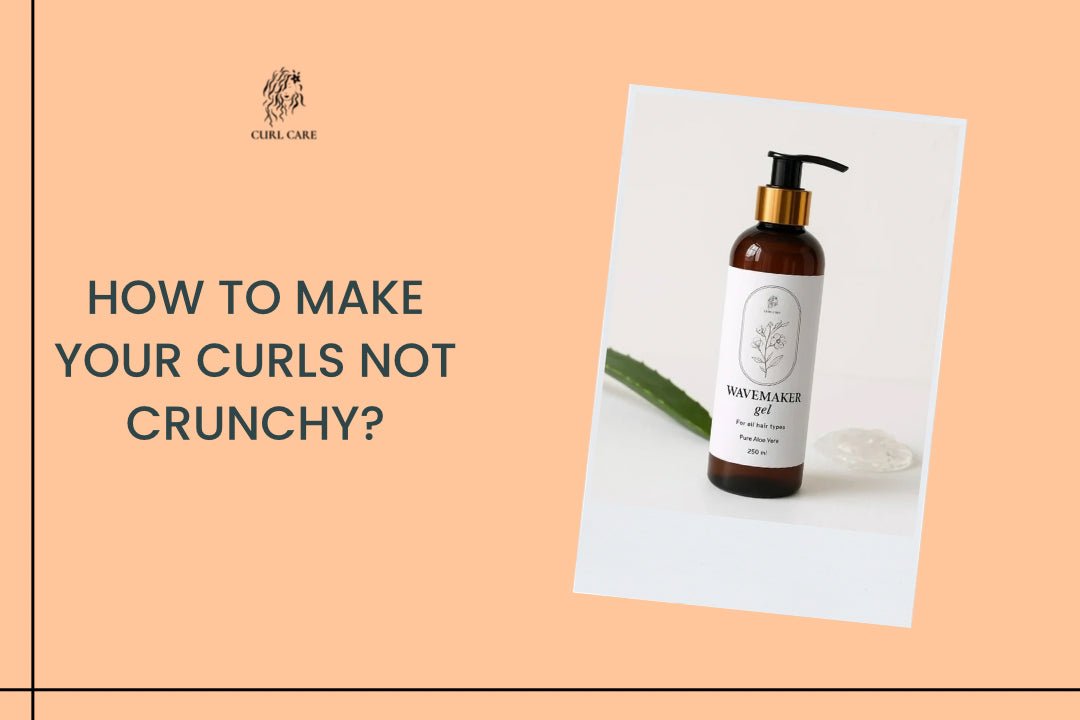Indians in specific know how important hair oiling is, it has been instilled in us since a young age to nourish our hair from time to time using oil. We massage it well and let all the goodness seep through in our scalp! Some families even have generations of recipes they use to make them using neem, hibiscus, curry leaves, aloe vera, coconut oil, sesame oil etc. These herbs are filled with natural hair growing properties, moisturizing scalp, and killing dandruff!
Hair oil doesn’t really suit all hair types, it may cause flaky scalp or because more build up. So, some hair types prefer oiling only overnight to avoid these problems! Let’s first discuss the benefits of oiling hair:
- For hair growth- They serve as a pre-shampoo protector (pre-poo). When you have oil on your hair, shampoo is less harsh on it, and the little remnants that remain after shampooing act as a sealant, sealing moisture in your hair strands.
- As pre poo protector- Along with a few oils that penetrate hair, another significant benefit of oiling your hair is the massage that it provides. It promotes growth by increasing blood circulation to the scalp.
- As deep conditioner- The fatty acids in the oils aid in the restoration of your hair's lost lipid layer. So, if your hair is extremely dry and rough, oiling is a must.
- As leave in- Light sealing oils can help to lock in moisture while also adding gloss and shine to your hair.
- To SOTC: A true Curlie knows the importance of Scrunching Out the Crunch and the right hair oil helps release your ringlets from a tight gel hold and also add an instant shine to styled hair.
Should you be oiling your roots and tips?
To be honest, you should be oiling your roots and tips on a regular basis. However, as with most aspects of natural hair care, the key is to discover what works best for you as an individual. For example, if you have a lot of sebum production, i.e., if your scalp is naturally oily, and you have long hair, you may need less oil at the root level while your ends may be a little thirsty. If your scalp is prone to drought rather than flooding, your hair's overall dryness indicates that you should oil your curls all over for the best moisture sealing and softening results.
Some curlies believe that if they only oil their roots, the oil will naturally make its way to the ends. And for those of us with pixie cuts and TWAs, that could very well be the case. However, if you want to use this method on longer or porous hair, you must use a lot of oil.
How often should I be oiling my hair?
The frequency with which you should oil your hair will be determined by several factors. If you produce a lot of oil naturally, you may only need to oil your ends once a week. If your sebum production is low, you may need to oil your roots and ends every few days. It will also depend on the oil you use, as some are heavier or more penetrative than others. Castor oil, for example, is a heavy oil that is ideal for the winter months! Grapeseed and avocado oils have a medium consistency. Jojoba and almond oils are among the lightest and easiest to absorb.
To find the right schedule for your oiling needs, keep track of how oily your hair is and how much buildup your scalp accumulates, and make sure you read the ingredients.
Here are some of various oils and their benefits:
1. Olive Oil: It’s a great option of a moisturizing oil and helps detangling, adds moisture and enhances shine on your curls. You could even add a few drops to your conditioner to increase its moisturizing properties.
2. Jojoba Oil: Jojoba is a great option all around. Its light form is very similar to the natural sebum produced by the scalp and goes a long way in adding shine. It also seals in moisture and reduces frizz. Plus, it doesn’t clog the pores on your scalp like other heavier oils do.
3.Coconut Oil: Coconut oil is an indispensable ingredient in Indian households and its uses are multi-fold! Its small particles enthuse the hair shaft with moisture and can transform dry and frizzy hair. Coconut oil also can soothe and treat dandruff and itchy scalp
4.Rosemary Oil: Apart from being delightfully sweet-smelling, this herbaceous oil is an anti-inflammatory in nature which improves circulation and soothes the scalp. It also stimulates hair growth and can combat hair breakage and loss.
Now that you know about hair oiling, ask your mom/grandma about any generational recipe and get to making yours! Or simply order oils you would love to try and experiment with it! Be ready to see a huge difference in your hair after oiling, using CGM and most of all our products! We have linked all the products you need to follow CGM easily! Get your carts ready now!
